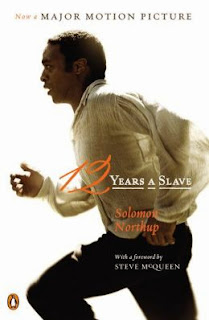Genre: Non-fiction
Publisher: HarperCollins, 2007
Pages: 304
Rating: Highly Recommend
 Synopsis: On September 1, 1894, two forest fires converged on the town of Hinckley, Minnesota, trapping more than two thousand people. The fire created its own weather, including hurricane-strength winds, bubbles of plasma-like glowing gas, and 200-foot-tall flames. As temperatures reached 1,600 degrees Fahrenheit, the firestorm knocked down buildings and carried flaming debris high into the sky. Two trains—one with every single car on fire—became the only means of escape. In all, more than four hundred people would die, leading to a revolution in forestry management and the birth of federal agencies that monitor and fight wildfires.
Synopsis: On September 1, 1894, two forest fires converged on the town of Hinckley, Minnesota, trapping more than two thousand people. The fire created its own weather, including hurricane-strength winds, bubbles of plasma-like glowing gas, and 200-foot-tall flames. As temperatures reached 1,600 degrees Fahrenheit, the firestorm knocked down buildings and carried flaming debris high into the sky. Two trains—one with every single car on fire—became the only means of escape. In all, more than four hundred people would die, leading to a revolution in forestry management and the birth of federal agencies that monitor and fight wildfires.
A spellbinding account of danger, devastation, and courage, Under a Flaming Sky reveals the dramatic, minute-by-minute story of the tragedy and brings into focus the ordinary citizens whose lives it irrevocably marked.
Review: "Something was afoot that summer - something concealed, not yet revealed." And thus begins Under a Flaming Sky.
I first learned of the Hinckley firestorm in American Canopy, and needed to know more. The author presents the timeline of events in Hinckley on September 1, while at the time same weaving individual stories, facts about wildfires and burn treatments, and an overview of the life and times of Americans in 1894 into an engrossing, and dare I say it, entertaining novel. This book was impossible to book down. Knowing that the author had personal ties to the tragedy made it that much more compelling.
I first learned of the Hinckley firestorm in American Canopy, and needed to know more. The author presents the timeline of events in Hinckley on September 1, while at the time same weaving individual stories, facts about wildfires and burn treatments, and an overview of the life and times of Americans in 1894 into an engrossing, and dare I say it, entertaining novel. This book was impossible to book down. Knowing that the author had personal ties to the tragedy made it that much more compelling.





